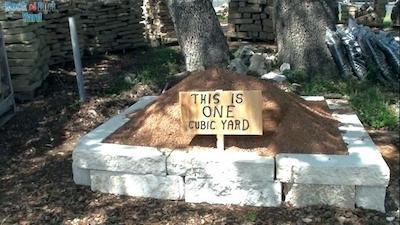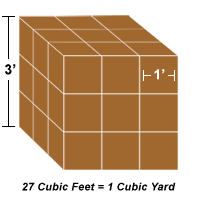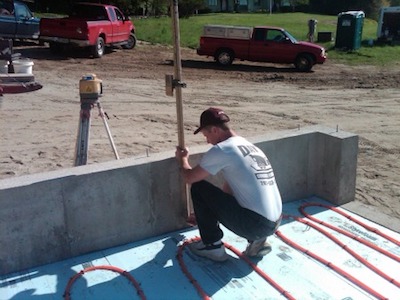As you probably already know, metric measurements are used in most parts of the world with the exception of the United States which uses a different system.
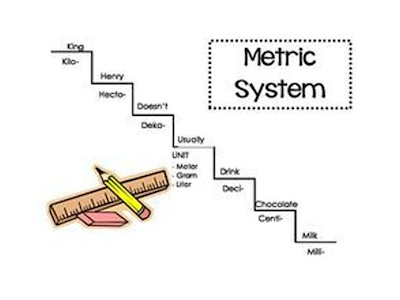
One of the things that you may now know about the metric measurements is the fact that it is very easy to convert the different units into new ones by simply using powers of 10. This means that converting metric measurements can easily be done by simply multiplying or dividing a given measurement by a power of 10.
How to Convert Within Metric Measurements
The first thing that you need to keep in mind when you are trying to convert metric measurements is that there are many different units of measurement such as grams which measure mass, meters which measure distance, among others.
Learn how to convert gallons to cubic meters.
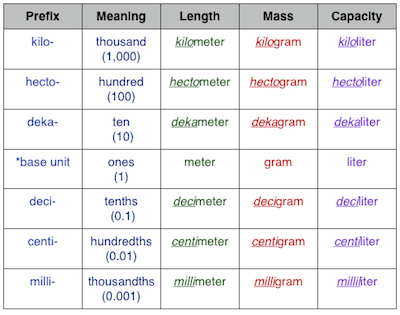
One of the things that you need to know is that sometimes, these base units are either too small or too large to make practical measurements. So, you will need to turn to other units that are larger or smaller using the 10 bases. So, you will need to add prefixes to the name of the unit to signify how much bigger or smaller it is than the base unit. These include:
- Kilo – 1,000 times larger
- Hecto – 100 times larger
- Deca – 10 times larger
- Deci – 10 times smaller
- Centi – 100 times smaller
- Milli – 1,000 times smaller
A helpful tip to ensure that you make your conversions the right way is to list the prefixes on a line from the largest to the smallest one.
Use our converter to convert kilowatts to horsepower (mechanical).
With this in mind, you should place “Kilo” a the far left end and the “Mili” at the far end right of the line. In the middle of the line or scale, between “Deca” and “Deci,” put the base unit of the dimension you’re measuring.
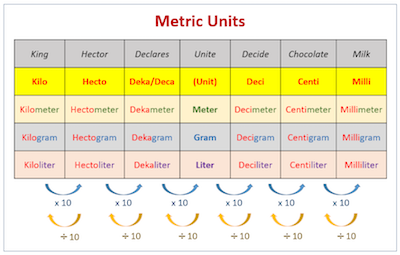
Now that you already placed your unit in the right place, you will need to determine if the units you want are either larger or smaller than the units you have. To do this, you will need to take a look at the line of prefixes that you just created above and then find the prefix that matches with the units that you have. Next, you will need to find the units that you want the measurements to be. At this point, you will need to see if these are located at the right meaning that you’ll be converting from a larger unit into a smaller unit or located at the left, meaning that you are going to convert a smaller unit to a larger unit.
Check out how to convert millibars to atmospheres (pressure).
As soon as you do this, you will need to figure out the numerical relationship between the units you have and the units that you want.
As we already mentioned above, the metric units of measurement differ by powers of 10. This means that they differ by 10, 100, 1000, and so on. So, when you are converting metric measurements, you will always need to multiply or divide your initial measurement by the appropriate power of ten.




